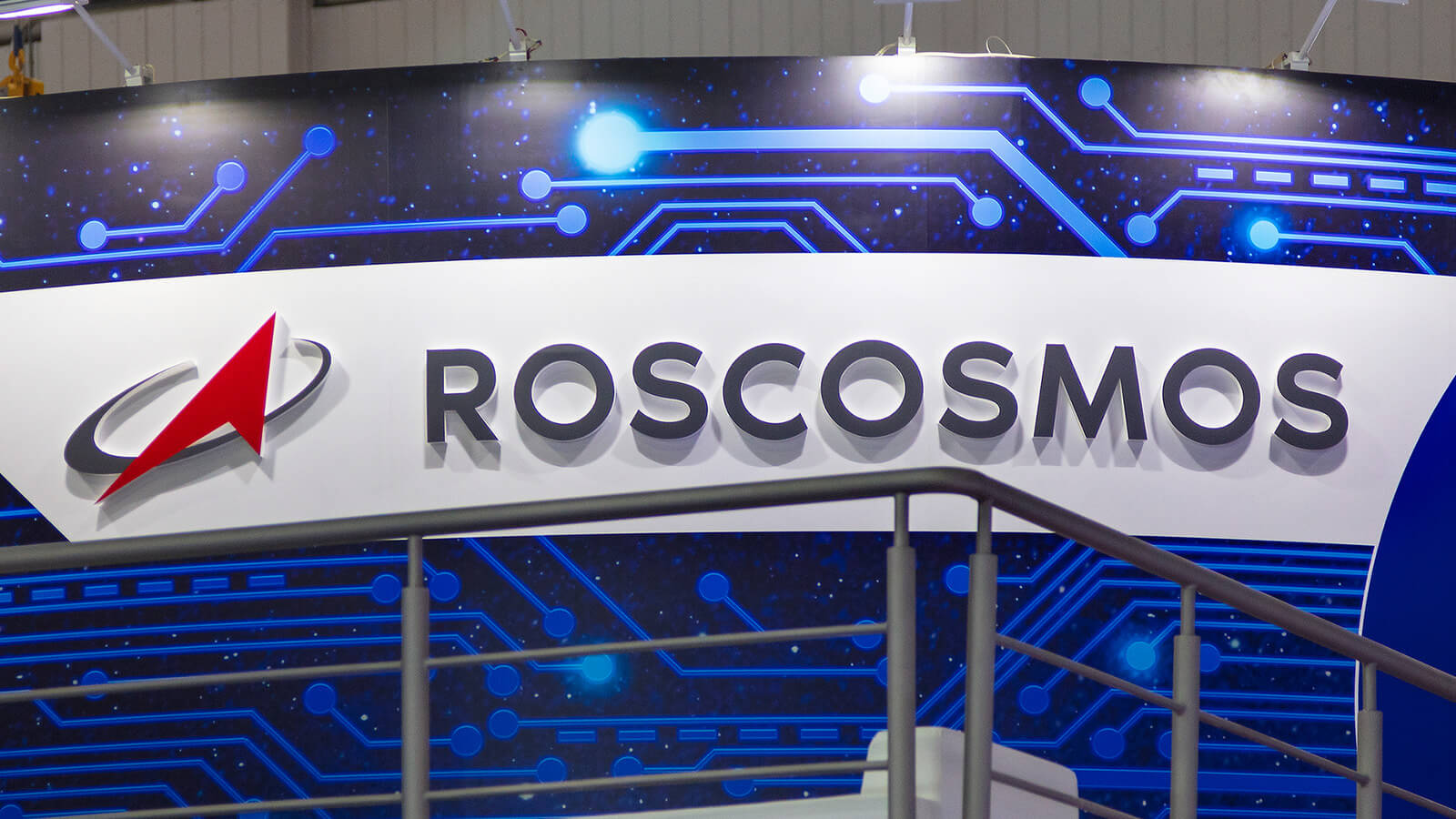
“Russian Lunar Ambitions Shattered: Scientist Hospitalized After Moon Mission Crashes!”
Renowned Russian Scientist Involved in Moon Mission Faces Health Crisis After Luna-25 Crash
A prominent scientist, who had harbored aspirations of Russia’s triumphant return to the lunar landscape, has been hospitalized in the wake of the Luna-25 mission failure.
The Luna-25, a robotic spacecraft representing Russia’s initial lunar surface expedition since the 1970s, was scheduled for a soft landing. Tragically, an ’emergency situation’ occurred during the landing attempt, leading to the sudden disappearance of the spacecraft from radar, according to the Russian space agency Roscosmos.
Mikhail Marov, a 90-year-old scientist described as a pivotal consultant for the mission, experienced a significant health setback upon learning of the mission’s failure. Marov revealed to news outlets that the devastating setback adversely affected his well-being.
“I’m under observation. How can I not worry? This is largely a matter of life.
For Marov, the mission represented a last glimmer of hope for the revival of Russia’s lunar program. He encouraged officials not to conceal the failures of the project and expressed the desire for the leadership of Roscosmos to undertake the mission again.
Marov, renowned for his contributions to Russia’s space endeavors, particularly in Mars and Venus exploration, has been admitted to the Moscow Central Clinical Hospital.
The Luna-25 mission, launched on August 11, was meant to mark the latest chapter in Marov’s extensive career exploring the cosmos. The rover was intended to be the first to reach the moon’s southern polar region, which is believed to contain water ice.
However, during the landing attempt on August 19, the unmanned probe encountered a nerve-wracking loss of control and ended up in a pre-landing orbit. Initial analysis indicates that a variance between the actual and calculated parameters of the propulsion maneuver led to the Luna-25 spacecraft entering an unintended orbit, resulting in a collision with the moon’s surface,” Roscosmos declared.
A comprehensive investigation will be conducted by an inter-departmental commission to determine the cause of the launch failure.
The Luna-25, along with its delayed successors Luna-26, 27, and 28, was designed to facilitate advanced moon studies, including analyzing the moon’s composition and natural resources. The spacecraft was equipped with a video camera to showcase Moscow’s novel lunar landing technology.
Russia’s storied history in space exploration, such as being the first nation to launch a satellite, send a man, and then a woman into orbit, has been a source of national pride. Nonetheless, the Luna-25 misfortune, occurring almost 47 years after the Soviet Union’s Luna-24 mission, poses a significant setback to President Vladimir Putin’s aspirations to rejuvenate Russia’s prominence in space exploration.
